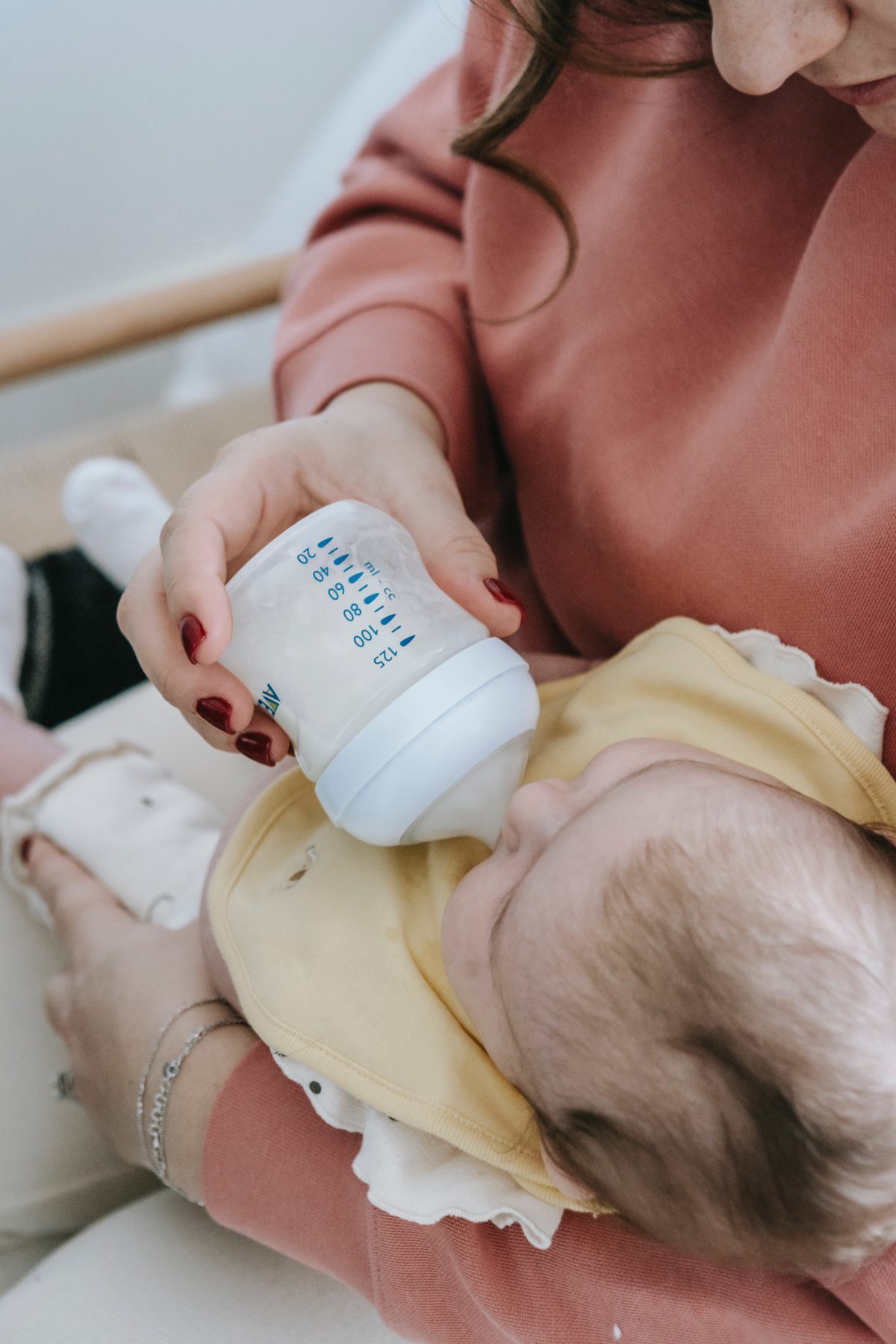Pol Position: The ‘formula’ for disaster
The nationwide shortage of baby formula is leaving parents with newborn children worried over how they plan to feed their infants.
Consumer shortages are the direct result of a massive recall of products produced by one of the nation’s largest manufacturers of powdered formula, Abbott Nutrition, which had been found to cause bacterial infections in four infants who needed to be hospitalized as a result.
Since then, major retail chains like CVS, Walgreens, and Target have restricted the number of formula products a customer can purchase.
The Food and Drug Administration continues to work closely with Abbott and other manufacturers to try and bring safe products to the market and increase the availability of infant and specialty formula products, while at the same time, monitoring the recalled products including Similac, Alimentum, and EleCare.
New York State Gov. Kathy Hochul reassured parents with infants that she is working in close cooperation with the FDA to monitor this crisis and to provide support to families in need of formula.
“My administration is committed to ensuring every newborn and child has access to the nutritional support they need to stay healthy,” Hochul said. “I urge every parent and guardian to take advantage of these resources and keep up to date with important information to take care of their families.”
In a further effort to assist parents struggling to cover expenses incurred during the COVID-19 pandemic, Gov. Hochul has also announced plans to provide $28 million in federal funding to help more than 112,000 struggling New Yorkers on public assistance with a child 17 years or younger to help pay for housing expenses bills and other critical needs, including formula.
Since baby formula products are in such short supply, state officials are urging parents not to hoard formula products, as it could potentially further impact the supply chain and other families from receiving the resources they need.
Parents experiencing frustration with the shortage should also be aware of potential scammers, who are using this crisis as a means to make a buck.
According to the New York State Division of Consumer Protection, these scams are typically rooted in online sales and private sellers who are asking for double the market price, knowing that big retailers are in short supply.
Some of the big retailers have empty shelves and little information about when they may receive their next shipment.
“Parents, feeling the pressures of the shortage, may find themselves scrambling to find alternative solutions but in the end could end up being scammed by unscrupulous bad actors online,” Secretary of State Robert J. Rodriguez said in a statement on the crisis. “At a time when there is a national shortage of baby formula, it is imperative that parents and guardians be aware of scams and know how to spot illegitimate online sales.”
The most important thing for parents to remember is to safety check any formula-based product to make sure it is not subject to a recall. This requires examining the lot code, a multidigit number on the bottom of any container of Similac, Alimentum, and EleCare powdered products.
Not only has the shortage opened the door for third-party retailers to take advantage of the crisis, but it has forced some families to ration food supplies and even made some travel for hours in order to obtain formula.
“No family in America should ever be concerned they cannot feed their children,” U.S. Senator Kristen Gillibrand said. “Corporate greed and malfeasance have put us in this dire situation and now we must act with urgency.”
In a letter addressed to President Biden, Gillibrand calls on the executive to invoke the Defense Protection Act in order to help address the ongoing crisis.
If put into effect, the Defense Production Act would give the President authority to assist in domestic industry and increase the production of baby formula by requiring people, businesses, and corporations to prioritize and accept contracts for baby formula production.
It would also allow for the expansion of production capacity and supply by incentivizing the domestic industrial base, while entering into voluntary agreements with private businesses to coordinate the production of excess formula.
“These authorities have been employed numerous times since the 1950s to supplement national stockpiles,” Gillibrand states in her letter. “Given that reports suggest that nearly 40 percent of formula nationwide is now out of stock, the need to intensify the production of formula to prevent a future child nutrition crisis is clear.”
Congresswoman Carolyn B. Maloney and Congresswoman Raja Krishnamoorthi also recently sent a joint letter to the four major manufacturers of baby formula products, including Abbott Nutrition, Mead Johnson Nutrition, Nestle USA, and Perrigo Company—who together control nearly 90 percent of the U.S. market of formula—requesting information on what these companies are doing to address the nationwide shortage.
“The national formula shortage poses a threat to the health and economic security of infants and families in communities through the country—particularly those with less income who have historically experienced health inequities, including food insecurity,” the letter states. “It is critical that your company take all possible steps to increase the supply of formula and prevent price gouging.”
Maloney and Krishnamoorthi are requesting a briefing and response from all four of the manufacturers by May 26.


